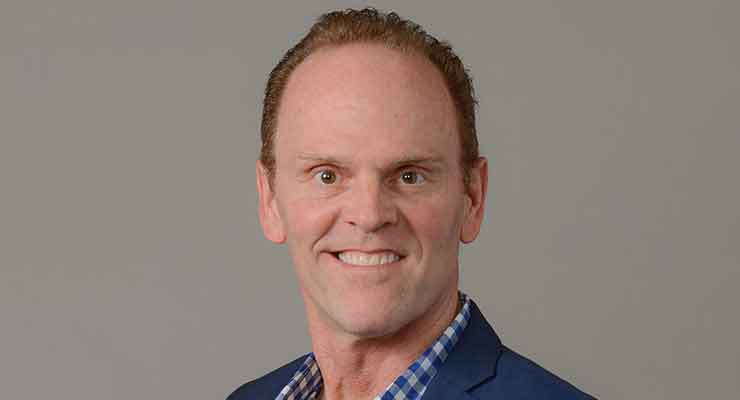AMERIPEN does not expect this lawmaking momentum to slow, so understanding the nuance and timing for complying with these new laws should be a priority for beauty and personal care brand owners and packaging producers.
Colorado
In early June 2022, Colorado became the third state with a packaging EPR law. A single producer responsibility organization (PRO), designated by the Colorado Department of Public Health and the Environment (CDPHE), will develop, implement, and manage the program to cover all consumer-facing packaging—regardless of recyclability of the material—and printed paper. Starting July 1, 2025, producers must participate in the program or discontinue selling covered products.Like Oregon and, arguably even more so, the PRO in Colorado will have more decision-making authority. But like Maine, Colorado producers will pay 100% of the cost of the system.
California
Just weeks after Colorado signed on, California became the fourth state in the nation to enact a packaging EPR law. Negotiations to pass the broader bill were directly tied to the successful removal of a plastics-only initiative that could have imposed up to a 1-cent fee on all single-use plastic packaging.The new EPR law encompasses single-use packaging for all types of materials, as well as plastic food serviceware. Cal-Recycle, one of the state’s environmental agencies, will have very strong oversight of the PRO. Producers will be required to belong and start paying into the PRO by January 2027.
The new law has several components not present in the three other state EPR laws: All covered materials must be recyclable or compostable by 2032. All plastic covered material must be recycled at a rate of 30% by 2028, 40% by 2030, and 65% by 2032. And, by 2032, producers must source reduced covered materials 25% by weight and 25% by number of plastic components.
The new law also calls for the PRO to pay $500,000,000 annually into the California Plastic Pollution Mitigation Fund for at least 10 years. The funding, through various state agencies, will pay for the monitoring and mitigation of plastic pollution.
More to Come
While Congress potentially considers legislation with producer responsibility language, AMERIPEN expects even more states could enact their own distinct and potentially challenging EPR laws. We will continue to be at the forefront of educating our members and advocating on behalf of the packaging industry at large to ensure any current and new EPR laws are as reliable, efficient, equitable, and as fair as possible.
About the Author
Dan Felton is executive director of AMERIPEN — the American Institute for Packaging and the Environment — an association that represents the U.S. packaging value chain by providing policymakers with fact-based, material-neutral, scientific information. He can be contacted at danf@ameripen.org.












